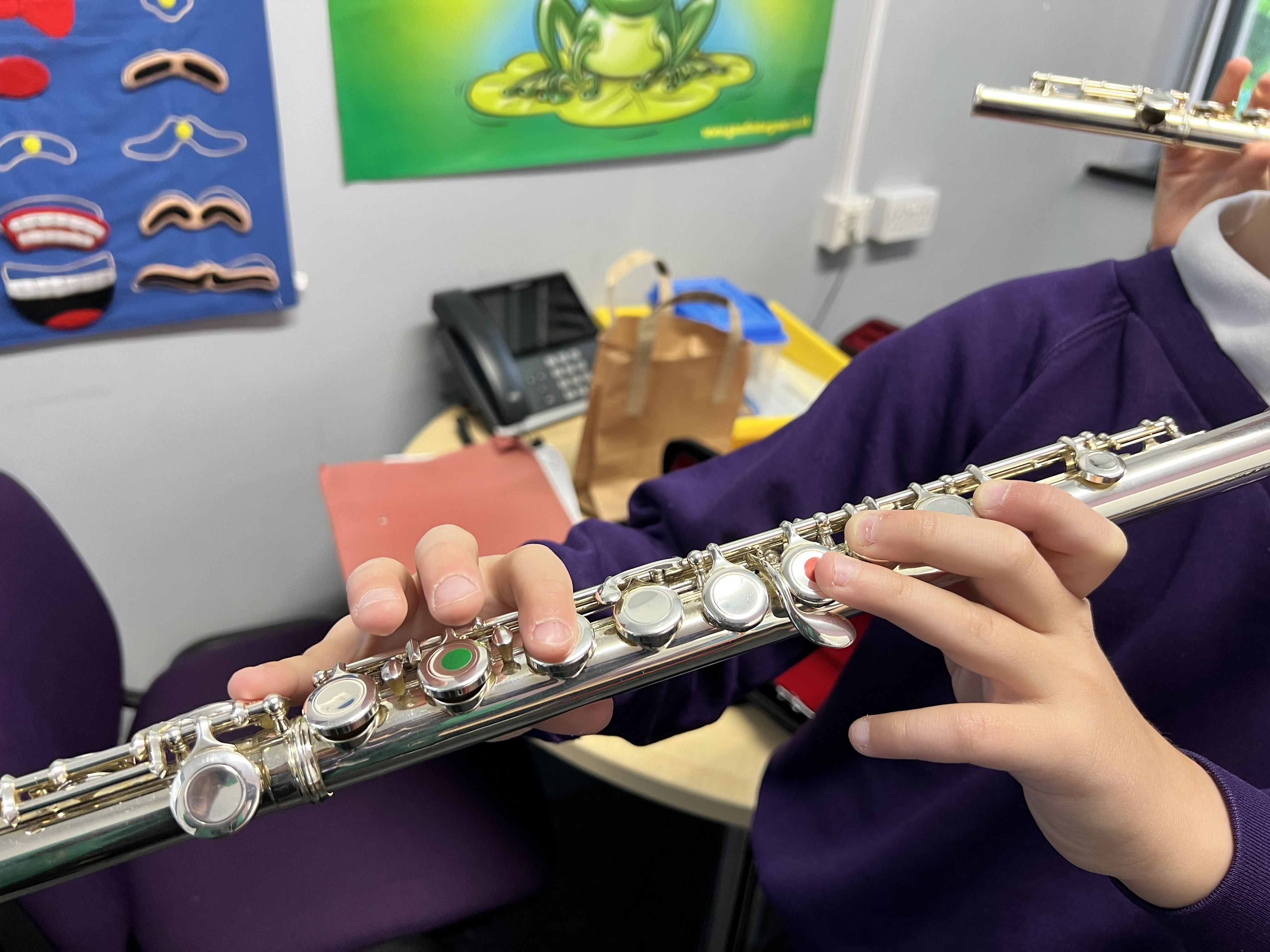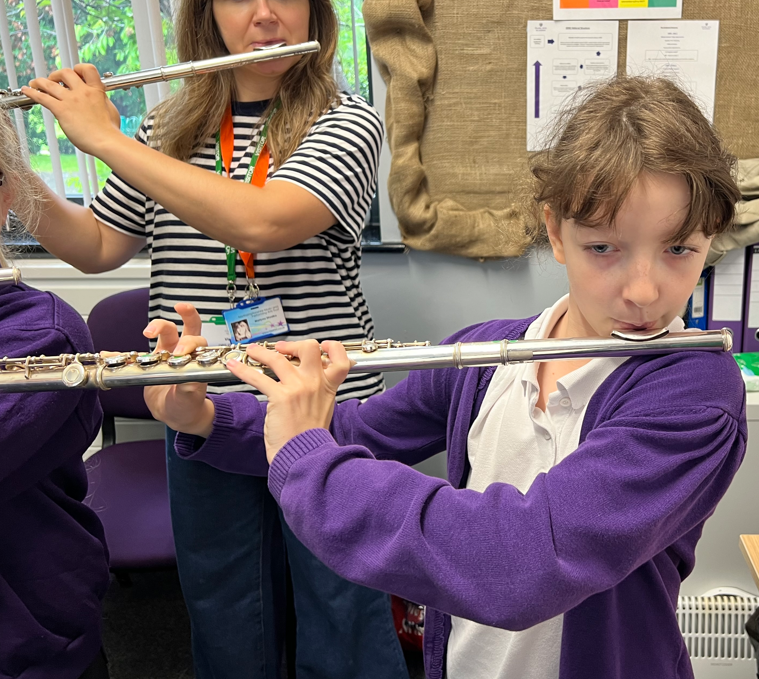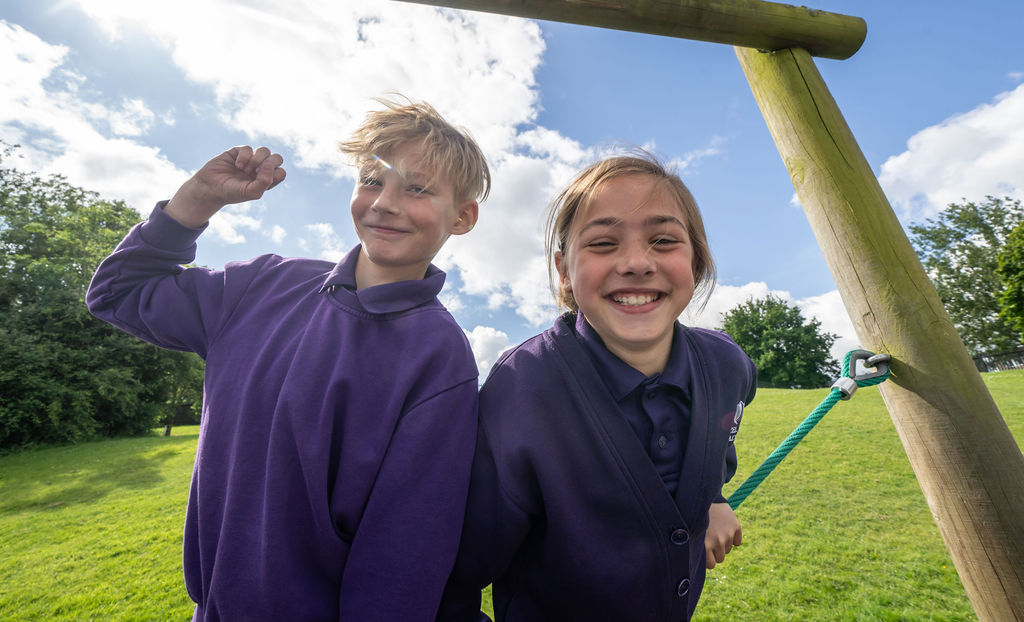Music inc Development Plan

At Hazel Leys Academy our knowledge-rich music curriculum develops musical knowledge through knowing how to make music, knowing musical practices with critical insight and knowing how music enriches the inner life. Our music curriculum develops our pupils’ musical knowledge through singing, listening, composing (including improvising) and performing. These musical practices are woven throughout the curriculum and are carefully sequenced so that pupils can build procedural knowledge and technical skills. Children also experience live musical performances through visiting artists and ensembles as well as trips to local performance venues.

Intent:
The National Curriculum for music aims to ensure that all pupils:
- Perform, listen to, review and evaluate music
- Are taught to sing, create and compose music
- Understand and explore how music is created, produced and communicated.
At Hazel Leys Academy the intention is that children gain music knowledge and skills through listening, singing, playing, evaluating, analysing, and composing across a wide variety of historical periods, styles, traditions, and diverse musical genres and cultures. Our objective is to develop a curiosity for the subject, as well as an understanding and acceptance of the validity and importance of all types of music, and an unbiased respect for the diverse and enriching way that they may aspire to express in themselves through music.
We are committed to ensuring children understand the value and importance of music in the wider community, and are able to use their musical skills, knowledge, and experiences to enrich their well-being and involve themselves in music, in a variety of different contexts.

Implementation:
The aim of our curriculum is that pupils will begin to understand the language of music. Therefore, each unit has a musical focus, such as pulse, rhythm, tempo, pitch, timbre, dynamics, form/structure, texture or harmony or a combination of these. These are sometimes called the elements of music. Pupils may explore how music is constructed using the elements of music by listening analytically or using them as components to build their own compositions.
Pupils explore different pieces and genres of music as examples of the different musical focus in each unit. As the different elements of music do not exist in isolation from each other, each unit will have a primary musical focus with other elements highlighted to develop the children's musical understanding.
Exploring different genres of music throughout the curriculum introduces the pupils to a wonderfully diverse story of music and build pupil’s declarative knowledge of musical culture and history. Pieces are drawn from all over the world and from periods spanning seven centuries. Their increasing cultural contextual understanding is further enhanced by learning about music which relates to other areas of the curriculum. In general, where there is a connection between another a topic studied in history, art or geography and a musical piece, the music is introduced after the relevant topic has been studied. For example, in year 5 the children learn about African-American spirituals in the term after learning about the transatlantic slave trade in history.

Impact:
Whilst in school, children have access to a varied programme, which allows students to discover areas of strength, as well as areas they might like to improve upon.
The integral nature of music and the learner creates an enormously rich palette from which a student may access fundamental abilities such as: achievement, self-confidence, interaction with and awareness of others, and self-reflection. Music will also develop an understanding of culture and history, both in relation to students individually, and ethnicities from across the world.
Children are able to enjoy music, in as many ways as they choose either as a listener, creator or performer.
They can dissect music and comprehend its parts. They can sing and feel a pulse. They have an understanding of how to further develop skills less known to them, should they ever develop an interest in their lives.




